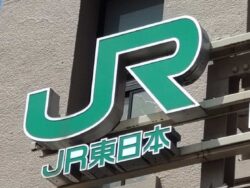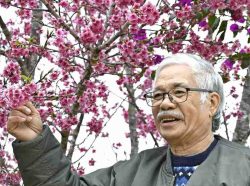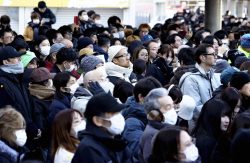Former Kishida, Moriyama Factions Rake in Appointments from Ishiba; Motegi Kept at Arm’s Length
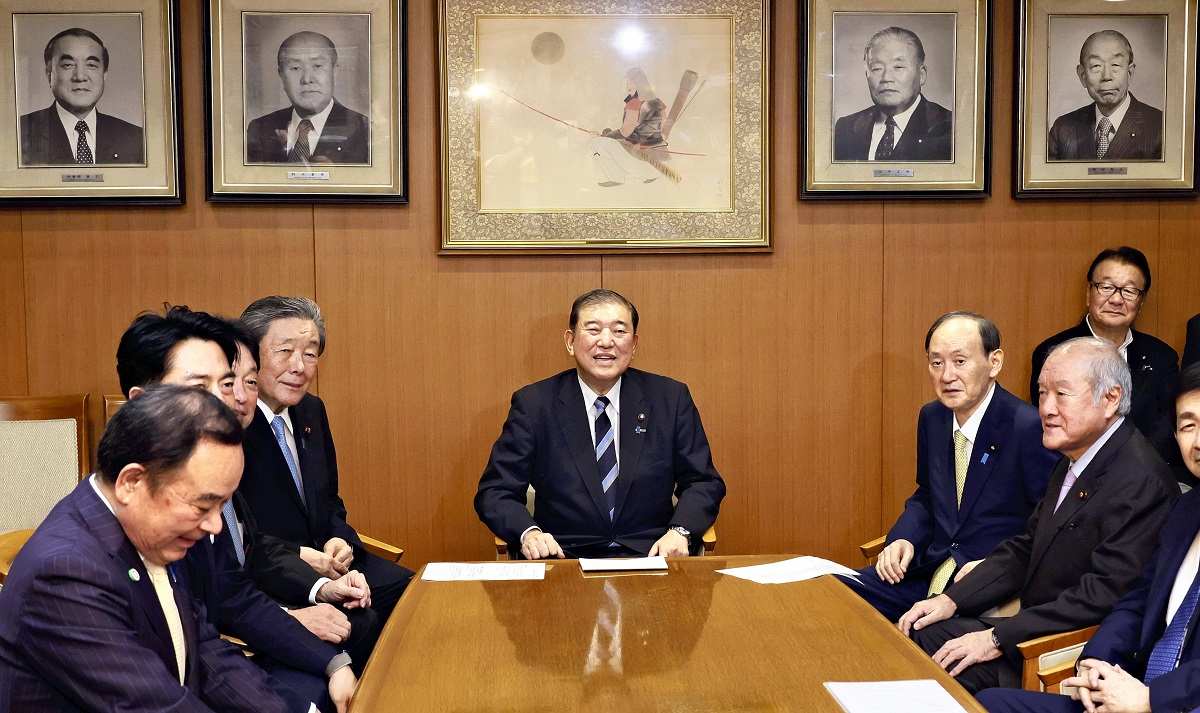
New Liberal Democratic Party leader Shigeru Ishiba, center, attends the first meeting of party executives, with Vice President Yoshihide Suga, to Ishiba’s left, and Secretary General Hiroshi Moriyama, to Ishiba’s right.
20:00 JST, October 1, 2024
With the executive lineup decided for the Liberal Democratic Party and the Cabinet appointed, it is clear that lawmakers from some party groups have fared better than others.
The LDP’s new president, Shigeru Ishiba, gave favorable treatment to members of the defunct faction led by Prime Minister Fumio Kishida, a group that helped Ishiba clinch the presidency. He also showed consideration for the faction led by former party Vice President Taro Aso, despite the group’s decision not to support Ishiba in a runoff.
On the other hand, Ishiba gave few party or Cabinet posts to members of two other defunct factions, one that was led by former party Secretary General Toshimitsu Motegi and the other that was led by the late Prime Minister Shinzo Abe, making it seem the groups are now outside the mainstream.
Thanks to support from the former Kishida faction, Ishiba managed to win the LDP presidential election in a runoff even though he came second in the first round of voting.
To show his appreciation, Ishiba decided to keep Chief Cabinet Secretary Yoshimasa Hayashi, who was the number two for the defunct faction, in his post, and appointed former Defense Minister Itsunori Onodera to the LDP’s Policy Research Council, one of the four key party posts.
“I’d like to start compiling the administration’s policy pledges,” Onodera said at a news conference on Monday, with the upcoming snap election in mind.
As for the defunct faction that was led by Hiroshi Moriyama, Moriyama was himself given the post of party secretary general to lead the party’s management. As Moriyama has a good relationship with Kishida and former Prime Minister Yoshihide Suga, many party members believe he will make himself more strongly felt in the party.
Ishiba also made use of lawmakers close to Suga. Former Environment Minister Shinjiro Koizumi was appointed the head of the party’s Election Strategy Committee, and former Deputy Chief Cabinet Secretary Manabu Sakai has also been given a Cabinet post. Both of them are believed to have voted for Ishiba in the runoff.
Ishiba also gave consideration to party unity. Aso was named the party’s top advisor, while Finance Minister Shunichi Suzuki, who belongs to the Aso faction, was named chair of the party’s General Council. Two other Aso faction members are now in Ishiba’s Cabinet.
Aso supported economic security minister Sanae Takaichi in the runoff, but Ishiba apparently concluded that if he treats Aso poorly, it could “trigger party discord,” as a mid-ranked party member put it.
In the end, it was the former Motegi and Abe factions that lost out.
Motegi, who also made a failed bid for the party presidency, was not given any key post. On the other hand, former Chief Cabinet Secretary Katsunobu Kato, who belonged to the same faction but has distanced himself from Motegi, was named finance minister. Some who were in the Motegi faction assume the decision was made to deprive Motegi of influence.
From the former Abe faction, which had more than 100 members in its heyday, former LDP General Council Chairperson Tatsuo Fukuda became the party’s executive acting secretary general. However, no members of the group were given a Cabinet post.
Eleven of the 19 Cabinet members are not affiliated with any faction. This includes former Defense Minister Takeshi Iwaya and Takamaro Fukuoka, chair of the LDP Policy Board in the House of Councillors, both of whom left the former Abe faction between January and February this year.
Top Articles in Politics
-

Japan Tourism Agency Calls for Strengthening Measures Against Overtourism
-
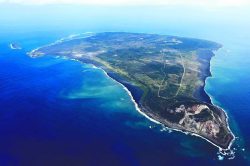
Japan Seeks to Enhance Defense Capabilities in Pacific as 3 National Security Documents to Be Revised
-

Voters Using AI to Choose Candidates in Japan’s Upcoming General Election; ChatGPT, Other AI Services Found Providing Incorrect Information
-
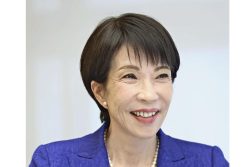
Japan’s Prime Minister: 2-Year Tax Cut on Food Possible Without Issuing Bonds
-
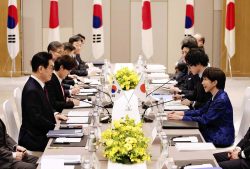
Japan-South Korea Leaders Meeting Focuses on Rare Earth Supply Chains, Cooperation Toward Regional Stability
JN ACCESS RANKING
-

Univ. in Japan, Tokyo-Based Startup to Develop Satellite for Disaster Prevention Measures, Bears
-

JAL, ANA Cancel Flights During 3-day Holiday Weekend due to Blizzard
-

Japan Institute to Use Domestic Commercial Optical Lattice Clock to Set Japan Standard Time
-

China Eyes Rare Earth Foothold in Malaysia to Maintain Dominance, Counter Japan, U.S.
-

Man Infected with Measles May Have Come in Contact with Many People in Tokyo, Went to Store, Restaurant Around When Symptoms Emerged


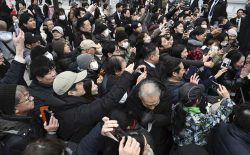


-250x171.jpg)



